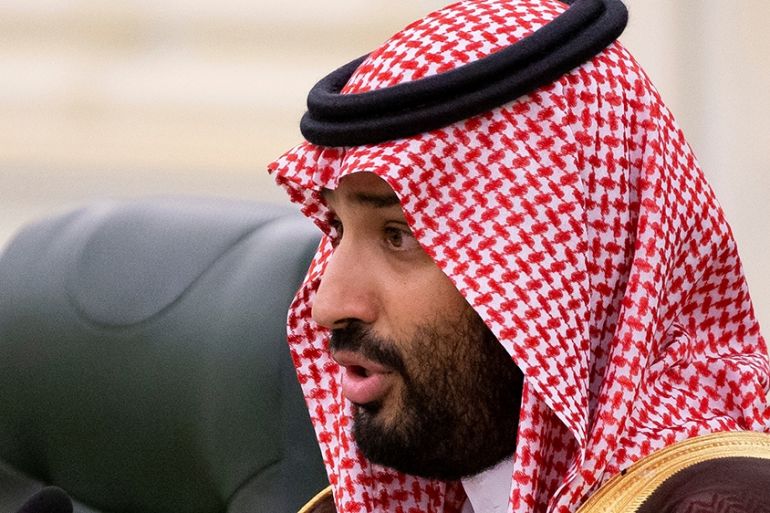Saudi Arabia missed its FDI target by more than half last year
Coronavirus and fallout of oil price war could further jeopardise MBS’s blueprint for economic transformation.

Saudi Arabia missed its $10 billion target for foreign direct investment by more than half last year, as damage from the coronavirus pandemic and low oil prices now threatens to throw plans further off track.
According to a report by the United Nations Conference on Trade and Development, FDI inflows reached $4.6 billion in 2019, up from $4.2 billion a year earlier. Outward investments were almost triple the level of inflows, but declined nearly 43% relative to 2018 even as state enterprises bought assets abroad and some wealthy Saudis looked for ways to move money out of the country.
Keep reading
list of 4 itemsFacebook, Instagram face EU scrutiny over addictive effects on children
Who benefits from US tariffs on Chinese imports? Experts weigh in
Biden slaps new tariffs on Chinese imports, ratcheting trade war
Attracting more foreign investment is a key goal under Crown Prince Mohammed bin Salman’s “Vision 2030” plan to diversify the economy away from oil. Saudi Arabia’s inward investments increased mainly because of a few large mergers and acquisitions, including major oil contracts, according to the UN agency known as UNCTAD.
“The new investment policy and a broader economic reform program under the Saudi Vision 2030 initiative are intended to improve the country’s investment environment and promote economic diversification,” it said in the report.
The kingdom’s investment minister, Majid Al-Qasabi, last year said the government was actually planning to double its FDI target for 2020. The goal may now be in doubt as the economy heads for its worst contraction since 1999 and austerity measures hurt consumer spending.
While FDI growth continued in the first quarter, the outlook began to change after the pandemic struck, according to Ayedh Al-Otaibi, deputy for investment climate at Saudi Arabia’s Ministry of Investment said in a statement.
“As the economic effects of COVID-19 began to be felt in March, we found that growth began to slow,” he said.
-With assistance from Vivian Nereim and Matthew Martin.